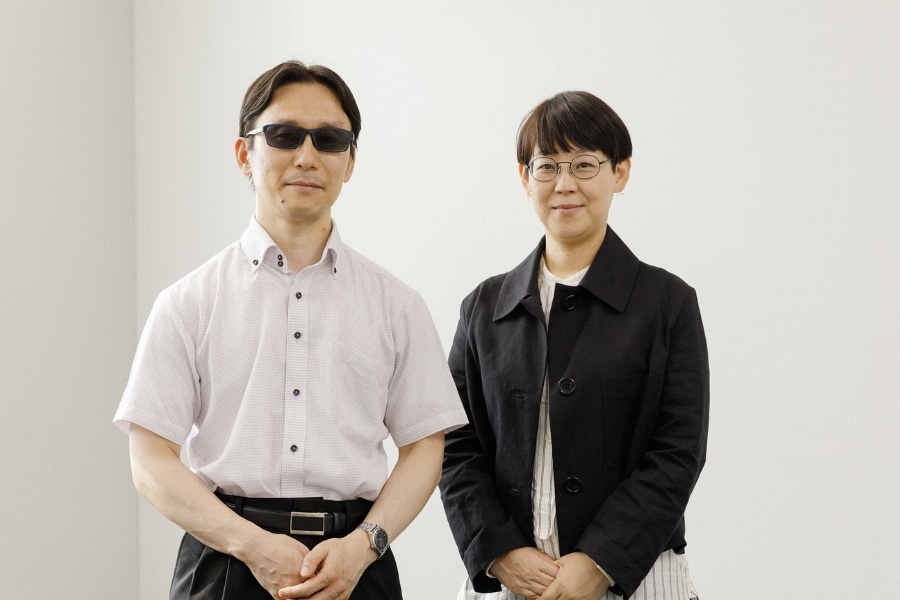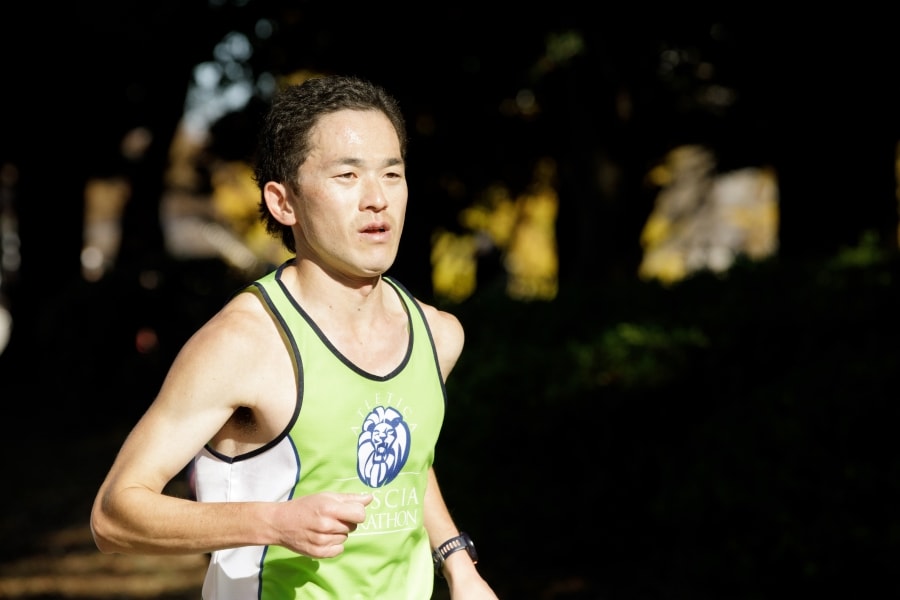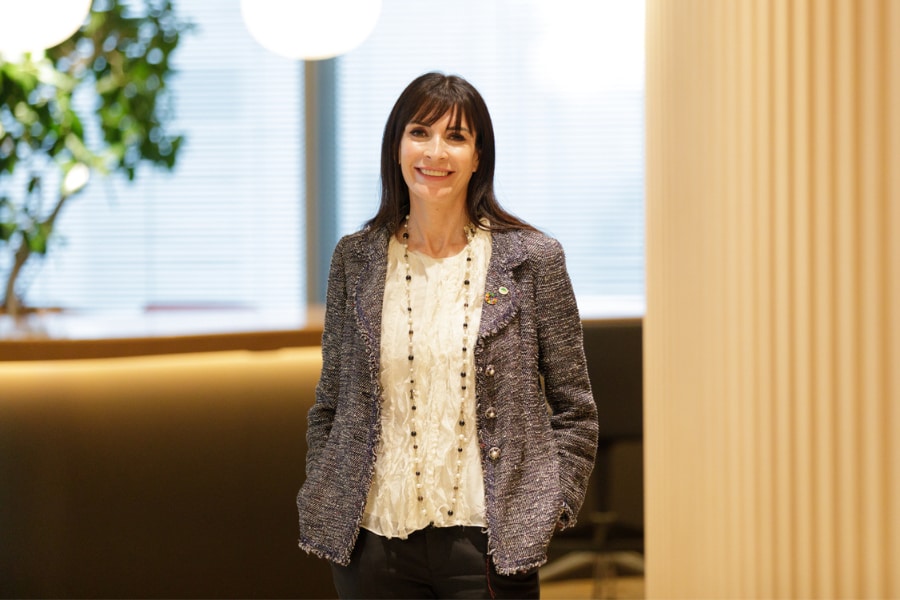Interview with DAIKI, a Dancer of Short Stature: Creating a Comfortable Workplace for All
“At a height of 128 centimeters, I consider my body a brand,” said Mr. DAIKI, 29, who is a dancer with an intractable condition called achondroplasia. He is working every day to create a place where everyone can enjoy dancing, regardless of disability. This article is an interview with Mr. DAIKI about his background and how he creates a workplace where everyone can work in comfort.
My life changed when I found dance
--Please introduce yourself.
DAIKI: My name is Daiki Nishimura, and I am a dancer performing under the stylized name of DAIKI.
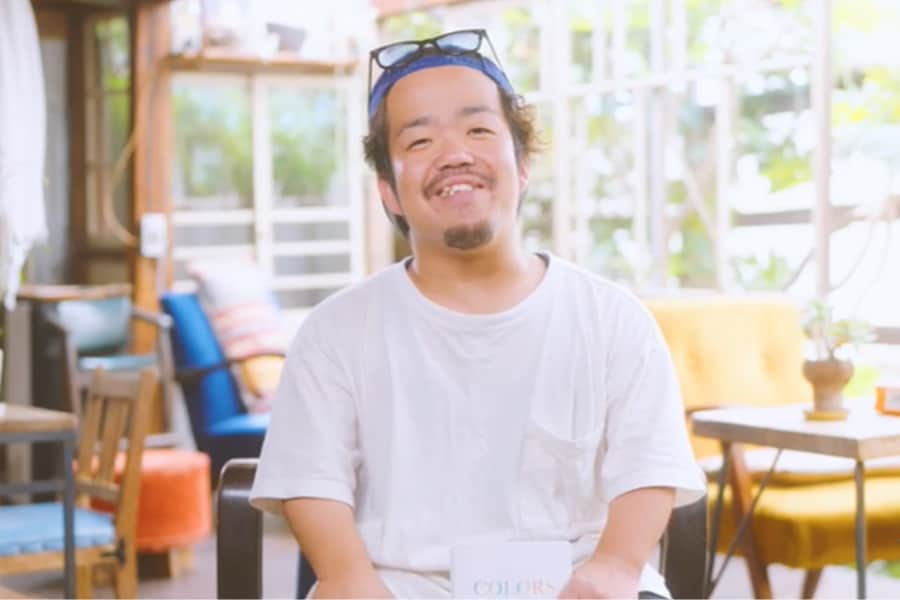
I also represent the group called "SOCIAL WORKEEERZ." Through dance and art, I want to create a place where all people, regardless of disability, can have fun together.
Every summer, we hold a dance event called "Choiwaru Night.” The meaning of the name in Japanese is “to let loose and have fun,” and we aim to make the event a free space for people with disabilities and people of all ages.
--Please tell me about your disability.
DAIKI: I have achondroplasia, a congenital disability caused by a genetic mutation. People with this disability are characterized by their short stature and atypical skeletal structure. They often require surgery and have physical limitations such as the inability to put strain on one’s body.
Moreover, there are many downsides, such as appearance and the inability to do things that people without disabilities can normally do, so people with this disability must constantly think about how to make their lives easier.
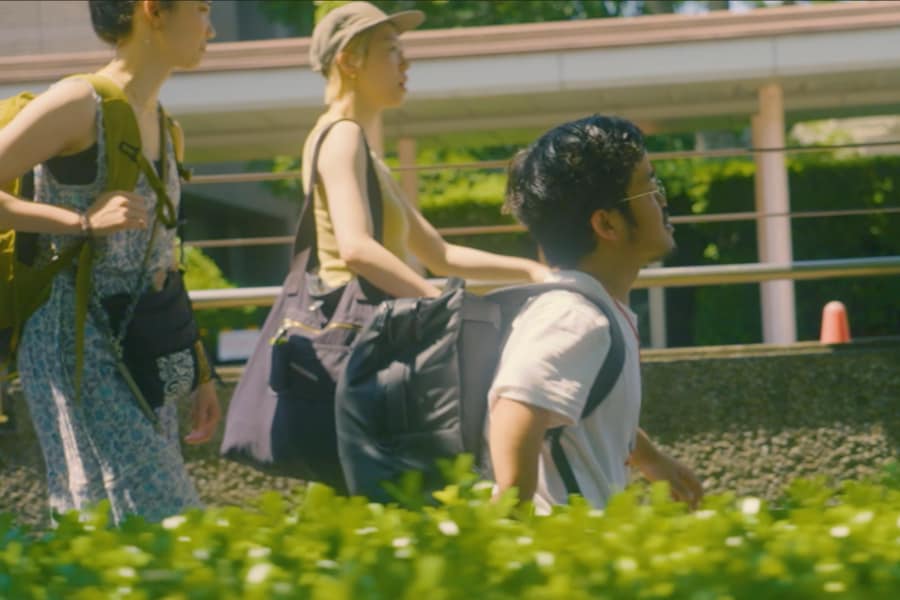
--How have you overcome your disability?
DAIKI: Finding dance was a turning point in my life. I started dancing in the second year of junior high school, thanks to a fellow student. I found it difficult because the styles of dance that I could perform were limited, but when I performed in front of an audience for the first time at a high school festival, I felt that the way people looked at me had changed.
Until then, people would give me negative looks when I walked down the street, but when I stood on stage, people in the audience cheered "DAIKI!" and I began to feel people looking at me in a positive way.
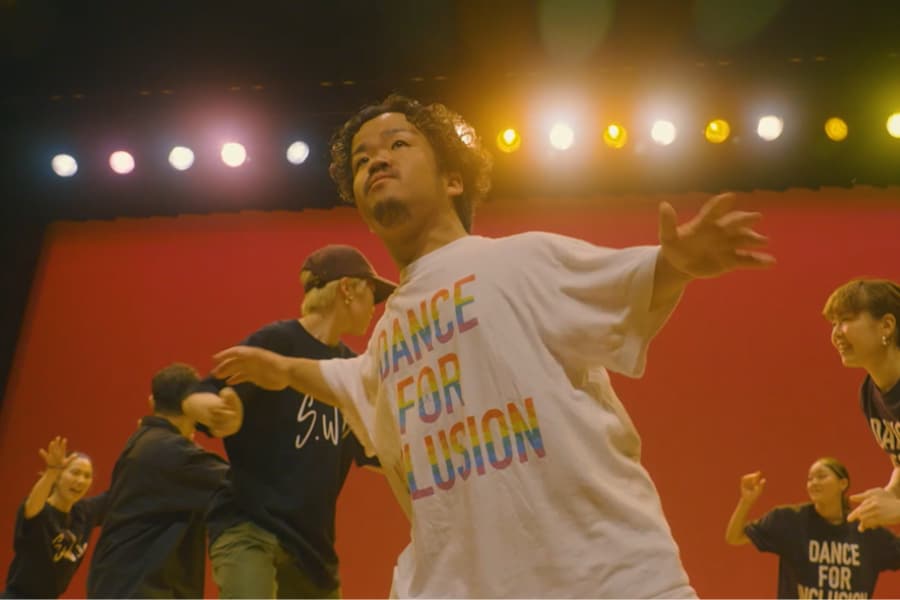
--Has your path been smooth since then?
DAIKI: There were many obstacles that I could not overcome. For example, my goal of becoming a health and physical education teacher, a dream that I had when I was a student, did not come true. In the practical skills section of the examination to become a teacher, there were certain things that my body just couldn't do. I understand that a teacher who can’t show practical skills on the spot may not be persuasive or credible when he or she goes to teach in some cases.
However, there are many ways of teaching to convey ideas even without being able to show an example myself, and I also got my teaching license after devising my own ways. So I asked the examiner to look at that approach, but he said, "Rules are rules. A person who breaks a bone right before the exam also gets a zero, so you also get a zero.” That really depressed me.
I went through a lot of hardships like that, but now I am proud to say that my body is my brand, because people ask me to share my story due to my disability, and they can come to contemplate disability through my performances.
Removing psychological barriers
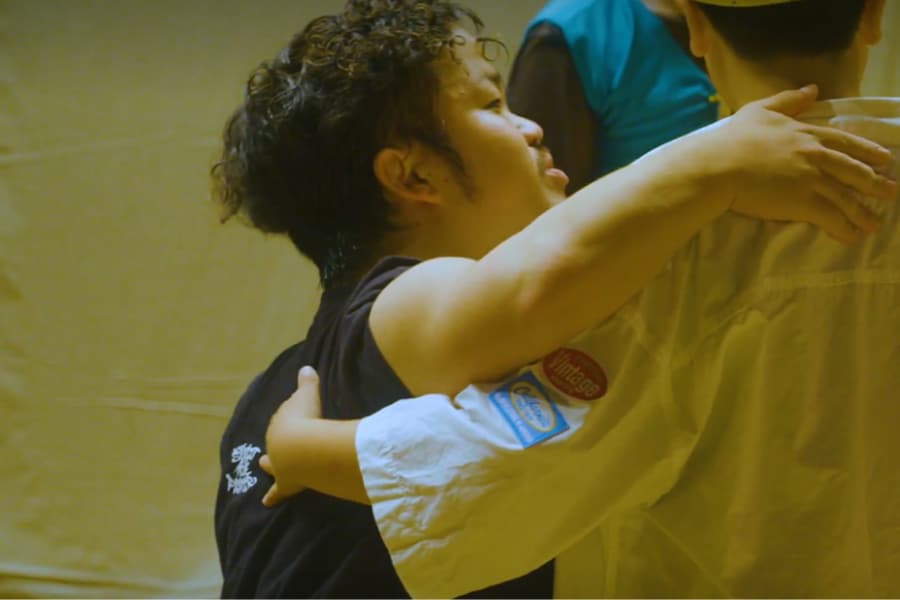
--What is important for creating an inclusive work environment where everyone can work, regardless of disability?
DAIKI: I think communication is the most important point. As I was born with this body, I can't get things that are high up. Other co-workers may also have difficulties. I am always thinking about whether I can build relationships in which we can casually say to each other, “Could you get that for me?” or “Hey, can you help me with that?”
I think in general people are reserved and have pride. I also sometimes feel bad about asking someone for help, so I think, "I’ll just knock it off the shelf with a rod," but there are times when that doesn't work. I think that such reservedness is proof that there is a lack of communication.
I call a state in which there is no psychological barrier between people a “barrier-free mindset.” By facing others through dialogue, it should be possible to remove psychological barriers.
--How do you communicate with the people around you?
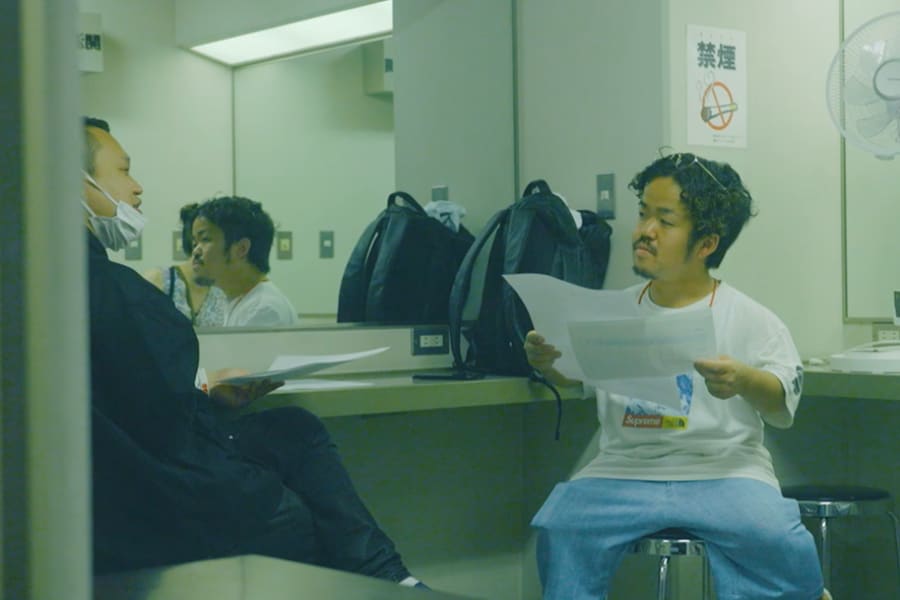
DAIKI: At SOCIAL WORKEEERZ, where members range in age from their teens to their 50s, we place great importance on facing each person individually. We make time to go out to dinner alone with them, contact them individually, and sometimes call them suddenly even if we have no specific reason for calling them.
At such times, we casually ask them what they are thinking about, their worries, and the future. However, you shouldn’t think, "You're worried about such a trivial thing?” or “I overcame that such a long time ago,” as that’s just one’s individual values.
The important thing is to face the other person and empathize. When I have a conversation with someone, I try to empathize with their problems and joys. I’m going to try my best to continue to maintain this attitude.
Creating an inclusive world
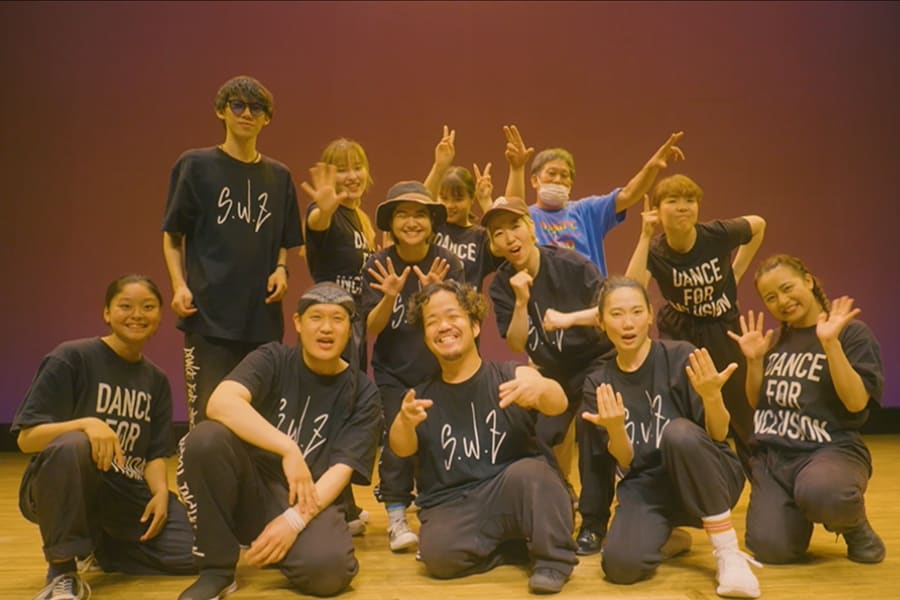
--What good things will happen if a working environment is created where everyone can be their true selves?
DAIKI: Not only can people realize what they want to do as individuals, regardless of whether they have a disability or not, but there are benefits for the organization as well.
For example, since I started representing SOCIAL WORKEEERZ, the image of the organization from a third-party's perspective seems to have changed, and the types of work that we receive have increased. In other words, by bringing together people with diverse personalities and skills, we can expand the range of work that the organization can undertake.
If we take curry rice as an example, meat is not the only important ingredient, nor are potatoes and carrots. The dish tastes good because it has everything. Each person in an organization may have his or her own shortcomings, but by seeing their individuality and skills, and empathizing with them, we can accomplish a wide range of tasks.
--Finally, what are your dreams?
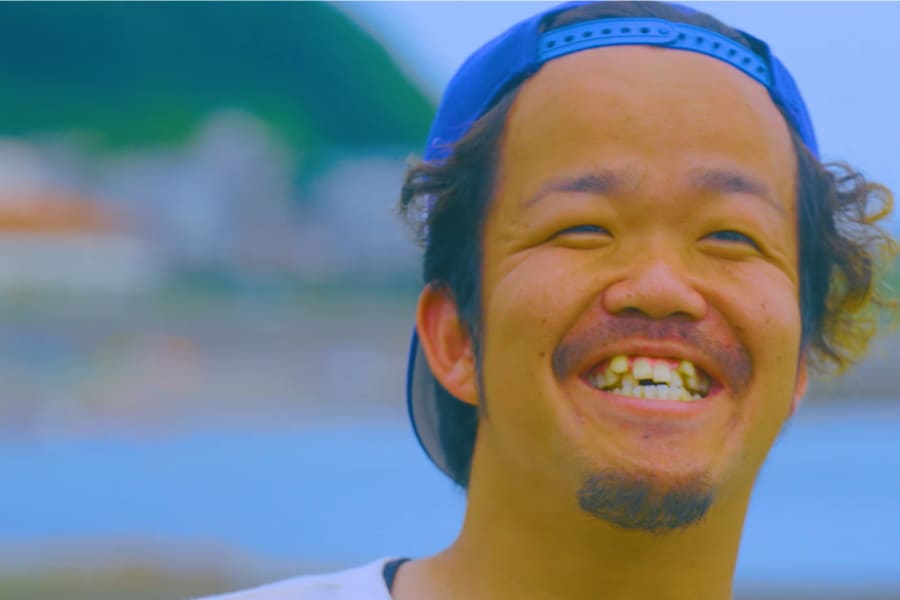
DAIKI: My first dream is to create a barrier-free dance studio. Then, it would be great if we could create a complex that includes a park with wheelchair-accessible playground equipment, a cafe that wheelchairs can easily access, and an apparel store where any person can get his or her size.
People with various features would gather there and have a lively party. I think my goal in life is to realize such a dream.

